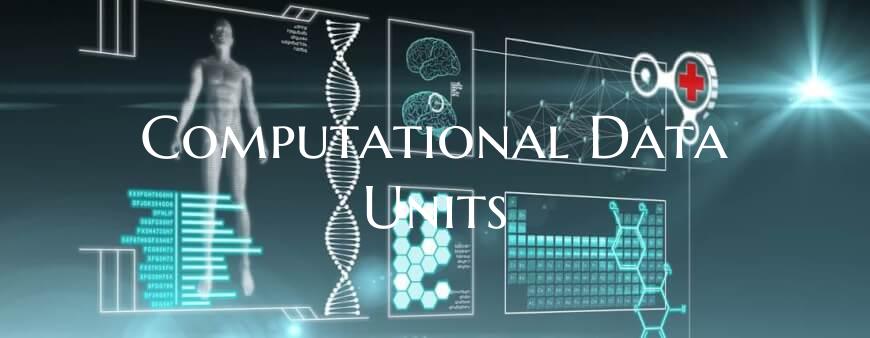Computational Data Units
In the digital age, computational data units play a crucial role in processing and analyzing vast amounts of data efficiently and effectively. These units, also known as CDUs, are fundamental components in computing systems that enable the manipulation and transformation of data to extract valuable insights and support decision-making processes.
Computational data units encompass a range of technologies and methodologies designed to handle data processing tasks at various scales. From simple arithmetic calculations to complex machine learning algorithms, CDUs are versatile tools that drive the advancement of data-driven applications across industries.
One key aspect of computational data units is their ability to leverage parallel processing techniques to accelerate data processing tasks. By breaking down computations into smaller units and executing them simultaneously across multiple cores or processors, CDUs can significantly improve the speed and performance of data analysis workflows.
Moreover, computational data units are essential for transforming raw data into meaningful information through data transformation and manipulation operations. They enable data cleansing, aggregation, filtering, and other data processing tasks that are crucial for preparing data for further analysis and modeling.
In addition to their role in data processing, computational data units are central to the development and deployment of advanced analytical models and algorithms. From statistical analysis to deep learning, CDUs provide the computational power needed to train and execute complex models that power applications such as recommendation systems, predictive analytics, and automated decision-making systems.
Overall, computational data units are indispensable components in modern computing systems, enabling the efficient processing and analysis of data to drive innovation, enhance decision-making, and unlock new opportunities for businesses and organizations in today's data-driven world.

